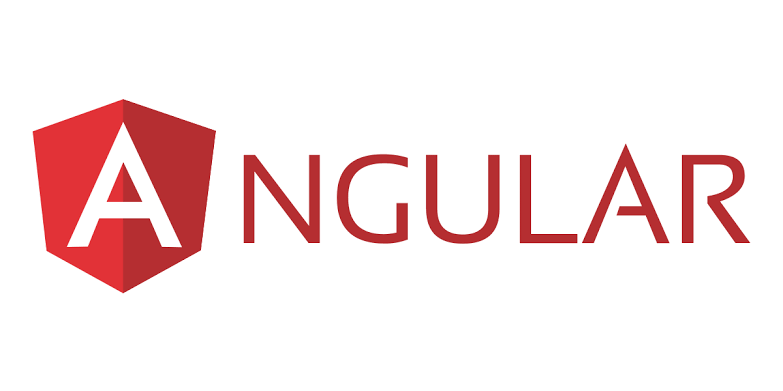Angular Tips: Enhancing Your Development Workflow

Angular Tips: Enhancing Your Development Workflow
Introduction
Angular, developed by Google, is a powerful and popular front-end framework for building dynamic web applications. Whether you're a beginner or an experienced developer, there are always ways to improve your Angular skills and streamline your development process. In this blog post, we'll explore some practical tips to enhance your Angular development journey.
1. Stay Organized with a Consistent Folder Structure
Maintain a well-structured project by following Angular's recommended folder structure. This helps keep your code organized and makes collaboration with other developers more straightforward.
2. Leverage Angular CLI for Faster Development
Angular CLI is a powerful tool that can generate components, modules, services, and more with a single command. Use it to speed up development and automate repetitive tasks.
3. Optimize Performance with Lazy Loading
Improve your application's load times by implementing lazy loading for modules. This technique loads only the necessary code when a user navigates to a specific route, reducing initial load times.
4. Understand Angular Modules
Comprehend the role of Angular modules in your application. Modules help organize your code, define dependencies, and enhance reusability.
5. Master RxJS for Handling Asynchronous Operations
RxJS is integral to Angular and is used for managing asynchronous operations. Learn its concepts, such as Observables and Operators, to handle data streams efficiently.
6. Implement a Comprehensive Error Handling Strategy
Build a robust error handling mechanism. Create custom error messages, use interceptors for HTTP error handling, and log errors to facilitate debugging.
7. Embrace Angular Forms for User Input
Angular provides powerful form handling capabilities. Use template-driven or reactive forms to manage user input, validation, and form submissions effectively.
8. Utilize Angular Directives for Dynamic Content
Angular directives, such as *ngIf and *ngFor, enable dynamic content rendering. Leverage these directives to create responsive and interactive user interfaces.
9. Accessibility Matters: Follow Best Practices
Ensure your Angular applications are accessible to all users. Adhere to web accessibility standards and guidelines to create inclusive and user-friendly web apps.
10. Regularly Update Angular and Dependencies
Keep your Angular framework and its dependencies up-to-date to benefit from the latest features, bug fixes, and security updates.
11. Keep Learning and Stay Informed
Angular evolves, and new features are introduced regularly. Stay informed about the latest developments, best practices, and design patterns by following the Angular community and official documentation.
12. Collaborate and Seek Feedback
Collaborate with other developers, participate in code reviews, and actively seek feedback. This helps you identify areas for improvement and learn from others' experiences.
13. Thoroughly Test Your Angular Applications
Adopt a test-driven development (TDD) approach and write unit and end-to-end tests for your Angular applications. Testing ensures code quality and identifies issues early in the development process.
14. Maintain a Version Control System
Use a version control system (e.g., Git) to track changes, collaborate with others, and manage code versions. Platforms like GitHub and GitLab facilitate code sharing and collaboration.
15. Document Your Code
Good documentation is crucial for maintaining and sharing your code. Write clear and comprehensive comments and documentation for your Angular projects.
By following these Angular tips, you can enhance your development workflow and create efficient, maintainable, and high-quality web applications. Angular is a versatile and robust framework, and continuous learning and improvement will help you unlock its full potential.